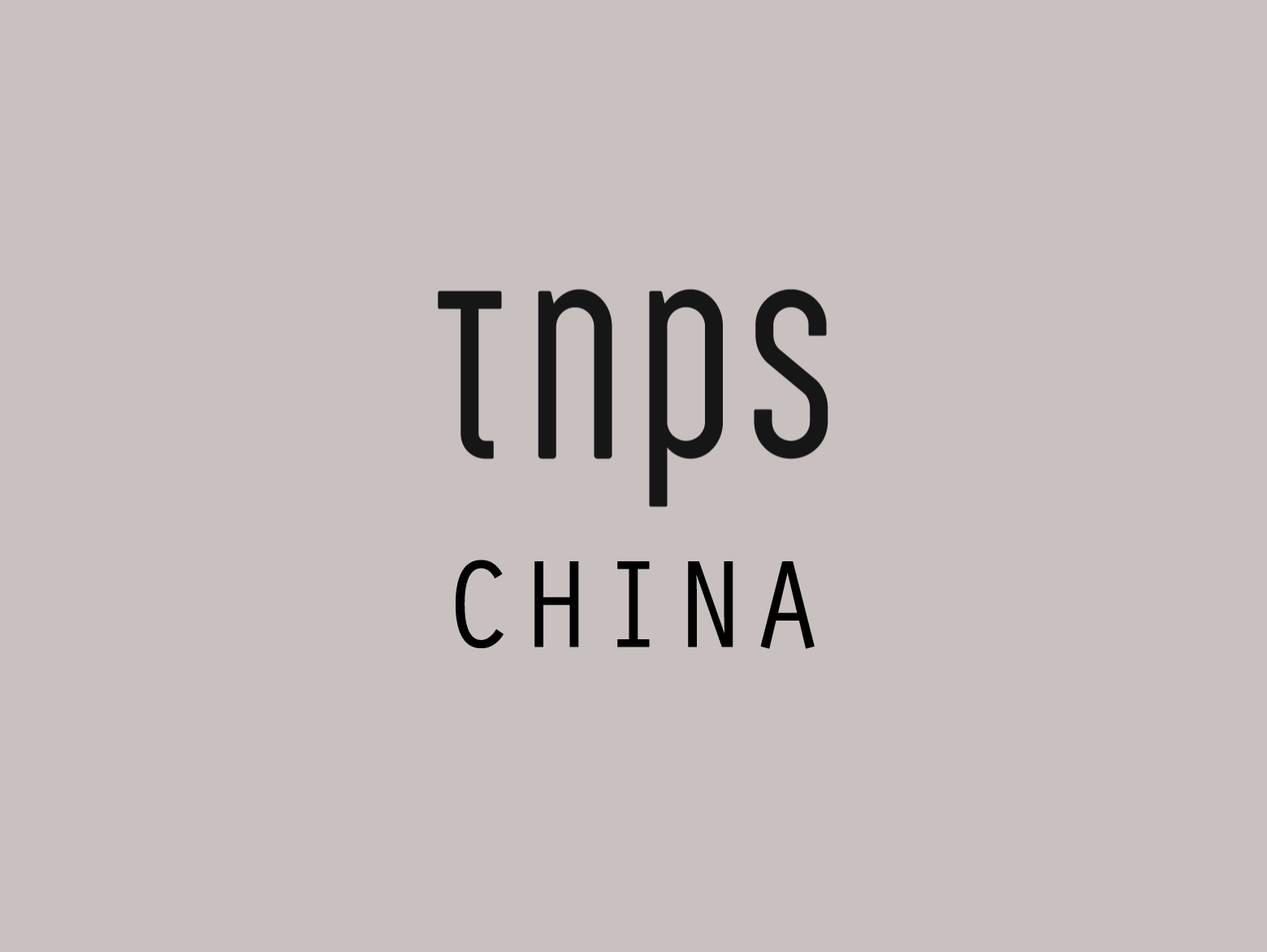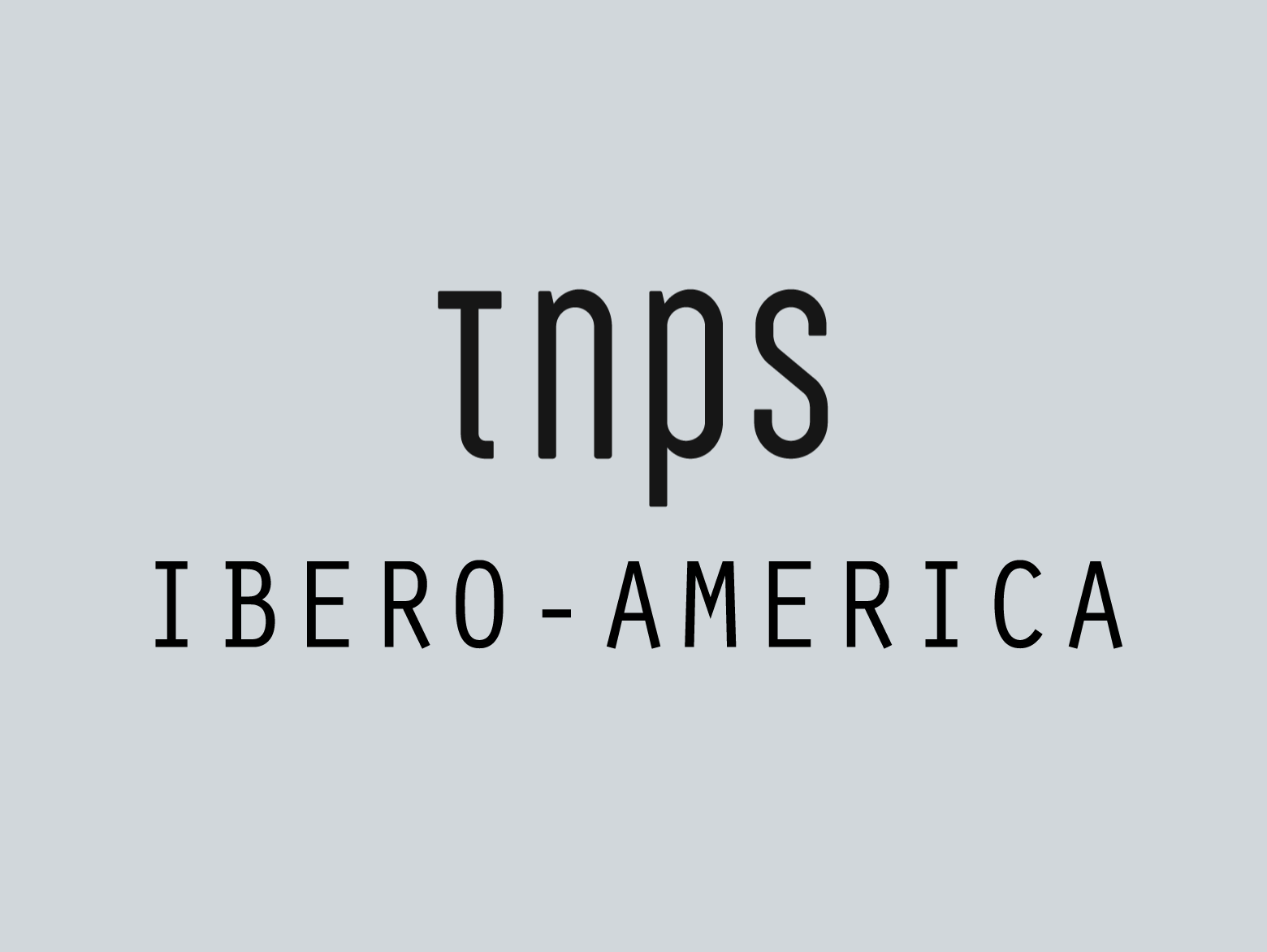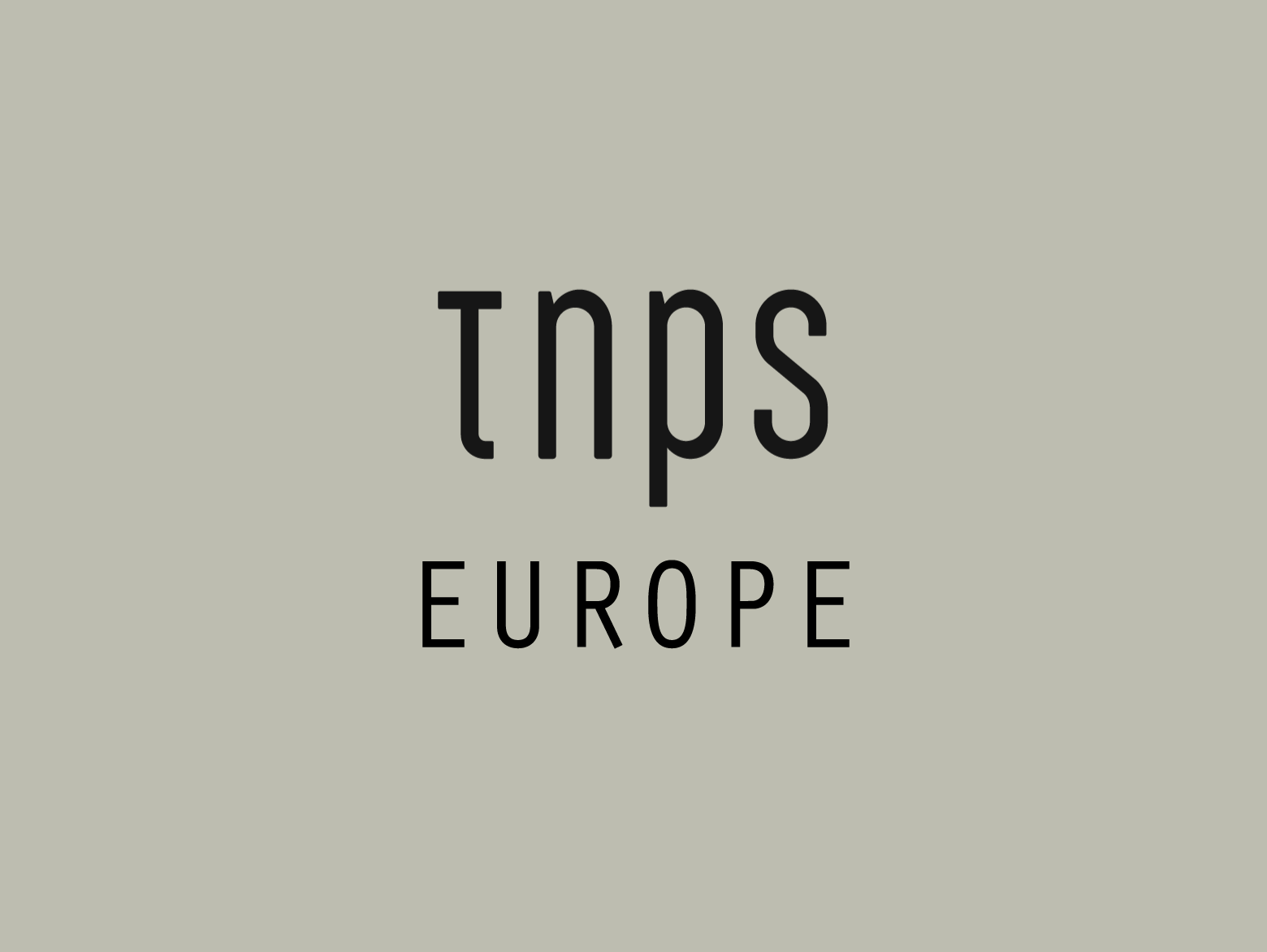Like in many Arab countries, literacy rates in Morocco are not among the highest in the world, but for Moroccans who do read the challenge is finding books they want at prices they can afford.
When bookstores are few and far between and offer a limited choice of books at expensive prices it’s not surprising readers turn elsewhere for their reading fix.
From France24:
With a backpack filled with pirated books, Khalid wanders the streets of Rabat peddling cheap reads – part of a flourishing black market eliciting howls of protest from bookshop owners.
“It’s true that it’s not legal, but the price of these books attracts readers,” said Khalid, 25, who hawks his wares at cafes in the Moroccan capital.
A little more than a year ago, he sold pirated DVDs, but Khalid said that market was hit when it became possible to watch films on a smartphone.
One of a large number of young Moroccans working informally in a country with high youth unemployment, he quickly found bookselling the only way to make a living.
Let’s hear that last bit again. “…He quickly found bookselling the only way to make a living.”
Let’s leave aside the “only” in that sentence and just ponder the cold reality that there is enough demand for these pirated paperbacks to make a living selling them on the streets.
Now of course everyone loves a bargain, and of course some people will have no scruples about buying pirated material, online or off.
But this is not about bargain hunting. This is, for most people, about being able to, or not able to, afford a legitimate book.
This is about what I often call here the Three A’s that can make or break a vibrant book market – availability, accessibility and affordability.
In Morocco it seems publishers and booksellers are failing at all three.
Pirated works, according to France 24,
can cost a tenth of the original price, with the average book going for just 20 dirhams ($2.10, 1.80 euros).
For the mathematically challenged that means the average price of a legitimate book is the USD equivalent of over $20. In Morocco.
France 24 notes that among the popular pirated books are,
titles by Brazilian novelist Paulo Coelho, as well as French works by Moroccan-born writer Tahar Ben Jelloun and Yasmina Khadra from Algeria. (But) despite being prohibited, the market in pirated books is largely tolerated in cities across the kingdom.
Abdelkader Retnani, president of the Moroccan Association of Book Professionals, doesn’t offer any numbers but says piracy has caused “significant losses for publishing and distribution professionals,” but suggests it is not so much wayward youths like the aforementioned Kalid that are the problem as “an organised mafia which makes considerable profits.”
France24 continues,
The authorities recently seized 120,000 pirated books, this sum is enormous but it’s still early to estimate the losses.
According to Retnati there are only about 100 bookstores in the country. France24 suggests other media say the figure may be as high as 250.
Whatever the actual number, the issue clearly is one of existing bookstores, in collaboration with supplying publishers, failing to meet the Three A, availability, accessibility and affordability.
According to France24, fewer than 3,000 books are published each year in the country, with an average print run of 1,000 copies.
This in a country of over 35 million people. And with these few books that are being published apparently retailing at $20 a shot.
Let’s recall those Three A’s again: availability, accessibility and affordability.
Even if, as France24 suggests, a third of the Moroccan population is illiterate, that still leaves a potential reading population of over 20 million.
That’s a literate Moroccan sub-population bigger than the entire population of countries like the Netherlands and twice as many as Belgium or Sweden.
So it’s not that the readers are not there.
Bizarrely it seems Morocco’s head of books, libraries and archives at the culture ministry, Hassan El Ouazzani, fully understands this, saying the illegal sales “could encourage reading” among Morocco’s citizens.
At which point let’s turn to another avenue of affordable books in Morocco. Book fairs.
At the big book fairs all the books are legal, but prices come hurtling down for the events, and this draws the crowds. Morocco’s biggest literary event, the Casablanca International Book Fair, regularly draws crowds of over 350,000.
Earlier this year, despite some of the coldest weather on record in the country the Casablanca fair drew a record crowd of over half a million.

Via MarocAnnonces.com
France24 reports,
For the Moroccan Association of Book Professionals, cracking down on the illegal trade is essential for the survival of their industry.
Retnati called for greater controls at Moroccan ports this month.
“The majority of pirated books are printed in Egypt and transported by sea to be stored… in illegal depots,” he said.
But in a 2017 investigation, journalist Kenza Sefrioui interviewed a second-hand bookseller who said the black market trade began in 2005 in Casablanca.
A number of small-scale printers reproduced up to 20,000 copies of a Moroccan novel which featured in the school curriculum, before turning their attention to other works.
At which point let’s recall that “fewer than 3,000 books are published each year in the country, with an average print run of 1,000 copies.”
And yet here are pirate publishers knocking out 20,000 copies.
Is there a message there, perhaps?
It may be, too, that it is imported books that are receiving most attention from the pirates. If so that tells us Moroccan publishers are not meeting needs.
Might the internet be the solution?
A look at Morocco’s premier online bookstore Livremoi tells its own story.

Livremoi was set up in 2008 by Caroline Dalimier and Mathieu Malan when they found they couldn’t get the books they wanted from Moroccan bookstores.
Today Livremoi showcases over 2 million books and ebooks online, in French, English and Arabic, and has a bricks & mortar store in Casablanca.
The number one bestseller in Livremoi’s online store is the French translation of Sapiens. The ebook retails at MAD 179, equivalent to $20.
That’s a lot of money for an ebook in Morocco, yet people are buying. How many more Moroccans would buy ebooks if the prices were more affordable?
Consider this: there are 22 million people online in Morocco. That’s twice as many as Belgium or Sweden.
The ebook market potential is there. The potential print book market is there. The readers are there.
But there is a mismatch between the interests of readers, publishers and booksellers that it would seem the different parties in Morocco are not addressing.
Perhaps Livremoi comes closest, but Livremoi asking French publisher prices in Morocco acts as a brake on growing sales.
The Three A’s. Availability, accessibility and affordability.
Might Livremoi bridge that gap by offering more-affordable small-press or self-published titles to Moroccan readers?
I need to explore self-publishing options in North Africa further to offer any commentary on Moroccan self-publishing, but as the on-going Prix Renault controversy shows, some self-published titles in France are being shortlisted for major literary awards.
French booksellers boycott Prix Renaudot after CreateSpace title shortlisted
Ebooks won’t stop print book piracy completely, of course, and ebooks can be pirated too, but if the Three A’s – availability, accessibility and affordability – can be met online where bricks & mortar stores with their analogue infrastructure and overheads cannot, then they may be a viable way forward for publishers willing to just pricing options for this format.
Law enforcement can only do so much to combat piracy.
The most powerful solution to piracy is giving consumers the quality product they want at prices they can afford.
A reminder,
A little more than a year ago, he sold pirated DVDs, but Khalid said that market was hit when it became possible to watch films on a smartphone.





